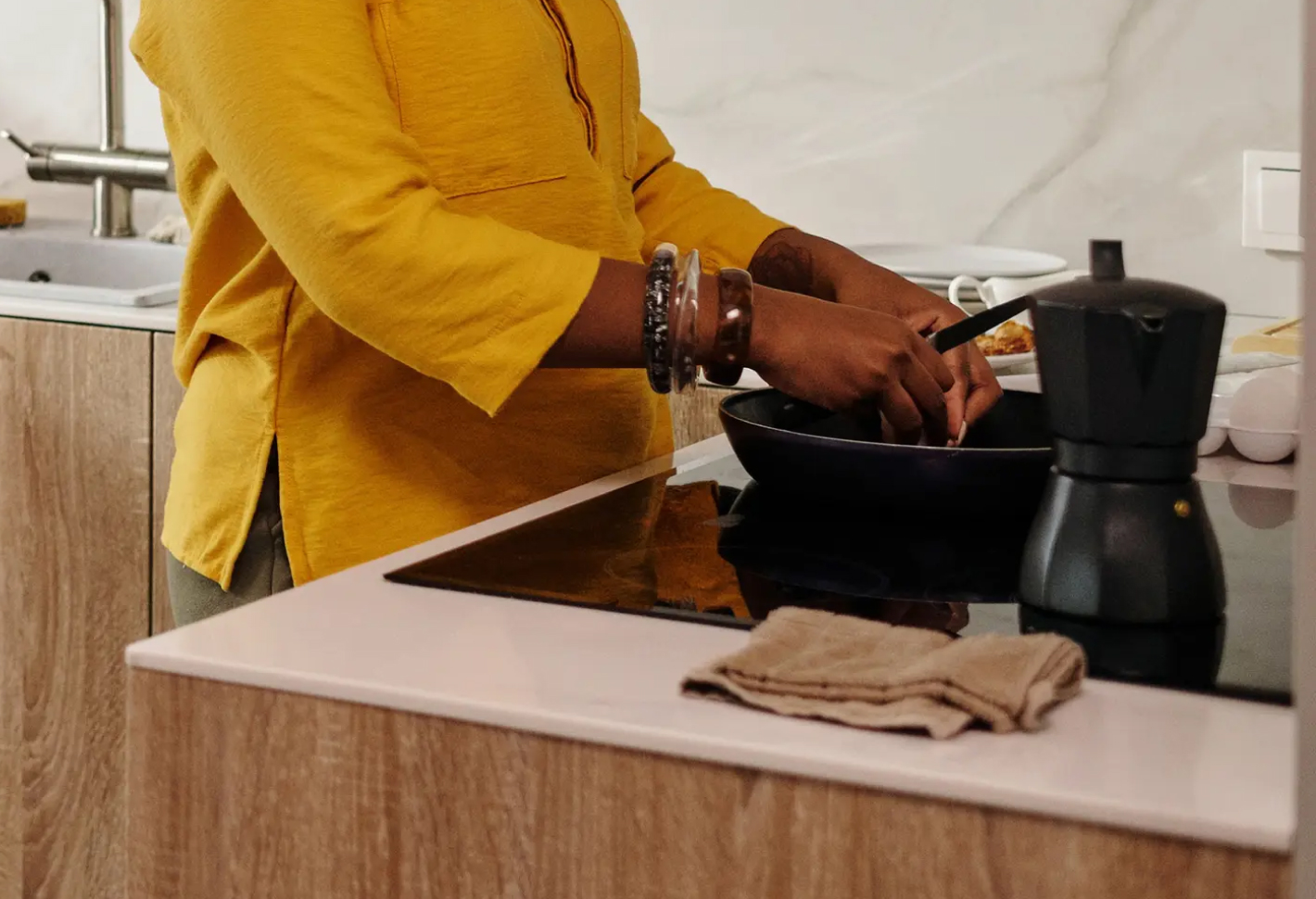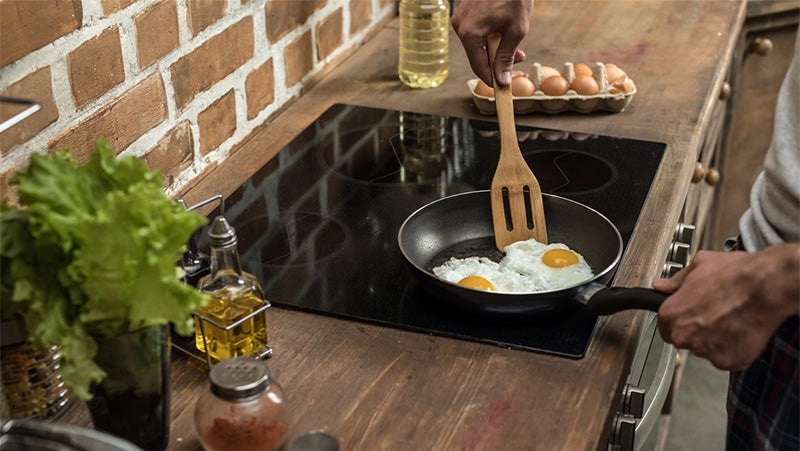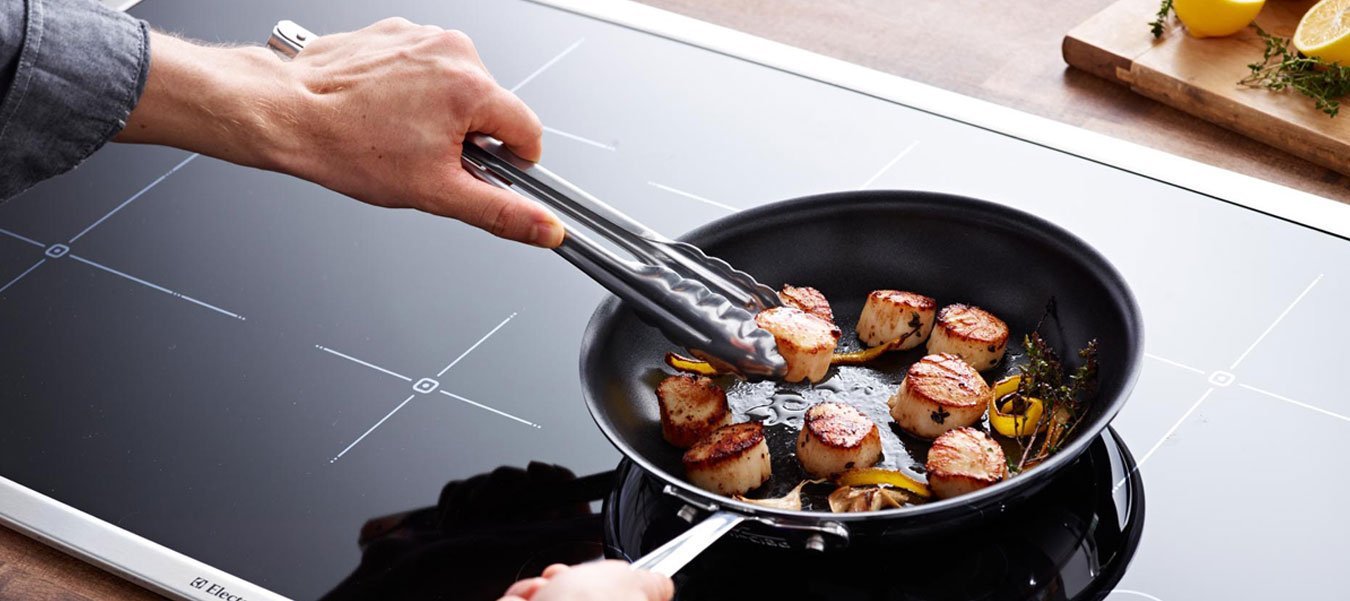In the world of professional cooking, the combination of cast iron and magnetic induction is nothing short of revolutionary. As kitchen professionals, understanding how these two elements work together can elevate your culinary game and enhance your kitchen efficiency.
Cast iron has been a staple in kitchens worldwide for centuries. Its durability, heat retention, and versatility make it a favorite among chefs. However, with the advent of modern cooking technologies, such as magnetic induction, questions arise about compatibility and performance. This article delves into how cast iron cookware performs when paired with magnetic induction, a popular choice for modern kitchens.

Why Cast Iron?
Cast iron cookware is renowned for its ability to retain and evenly distribute heat. This makes it ideal for searing, simmering, and even baking. Its robust construction can withstand high temperatures, making it perfect for a variety of cooking methods. Moreover, when seasoned correctly, it offers a naturally non-stick surface, enhancing its utility in professional kitchens.
For chefs who prioritize flavor and texture, cast iron provides an unparalleled cooking experience. The material's ability to impart a unique flavor to dishes is unmatched, making it a prized possession in the culinary world.
The Rise of Magnetic Induction
Magnetic induction cooking has gained popularity due to its efficiency, precision, and safety. Unlike traditional gas or electric stovetops, induction cooktops use electromagnetic fields to directly heat the cookware. This means faster cooking times and less energy consumption, which is a boon for busy kitchen environments.
For those unfamiliar with the technology, induction cooktops heat cookware through a magnetic field. This requires cookware that is magnetic, which is where cast iron excels. Not only does it work well with induction, but it also amplifies the benefits of both technologies.
Compatibility Considerations
The compatibility of cast iron with induction cooktops is a common question among chefs. The good news is that cast iron is inherently magnetic, making it an ideal partner for induction cooking. However, there are nuances to consider to maximize performance.
Firstly, ensure your cast iron cookware has a flat base to maintain full contact with the induction cooktop. This ensures even heating and optimal efficiency. For more details on maintaining your cast iron's condition after induction use, check out cleaning tips.
Enhancing Efficiency and Safety
Using cast iron on induction cooktops is not only about compatibility but also about enhancing your cooking efficiency and safety. Induction cooktops heat only the cookware, leaving the surrounding surface cool to the touch. This reduces the risk of burns, a crucial consideration in fast-paced kitchen environments.
Additionally, the precise temperature control of induction cooktops complements the heat retention properties of cast iron. This combination allows for precise culinary techniques, from delicate sauces to high-heat searing. For more insights on handling cast iron safely on induction, visit handle safety.
Potential Challenges
While the marriage of cast iron and magnetic induction is largely positive, there are a few challenges to be aware of. One common issue is the potential for buzzing noises, which can occur if the cookware does not sit perfectly flat on the cooktop. If this occurs, consider refinishing the base of your cookware or using a different piece. More about this can be found here.
Moreover, the weight of cast iron can be a concern when frequently moving cookware on and off the cooktop. Ensuring that your induction cooktop can support the weight is crucial to avoid damage.
Conclusion
The synergy between cast iron and magnetic induction offers a powerful toolset for kitchen professionals. By understanding the benefits and addressing potential challenges, chefs can harness the full potential of both technologies, resulting in superior culinary creations and a more efficient kitchen environment.
For those considering making the switch to induction or enhancing their current setup, resources like this guide offer valuable insights into the compatibility and optimization of cast iron with induction.

FAQs
1. Is all cast iron compatible with induction cooktops?
Yes, most cast iron cookware is compatible with induction cooktops due to its magnetic properties. However, ensure the cookware has a flat base for optimal performance.
2. Can cast iron damage induction cooktops?
While cast iron is heavy and can scratch if not handled properly, using cookware with a smooth base and lifting instead of sliding can prevent damage.
3. How do I maintain cast iron after using it on induction?
Maintaining cast iron involves regular cleaning and seasoning to prevent rust and maintain its non-stick properties. For detailed maintenance tips, visit seasoning tips.





Leave a comment
This site is protected by hCaptcha and the hCaptcha Privacy Policy and Terms of Service apply.